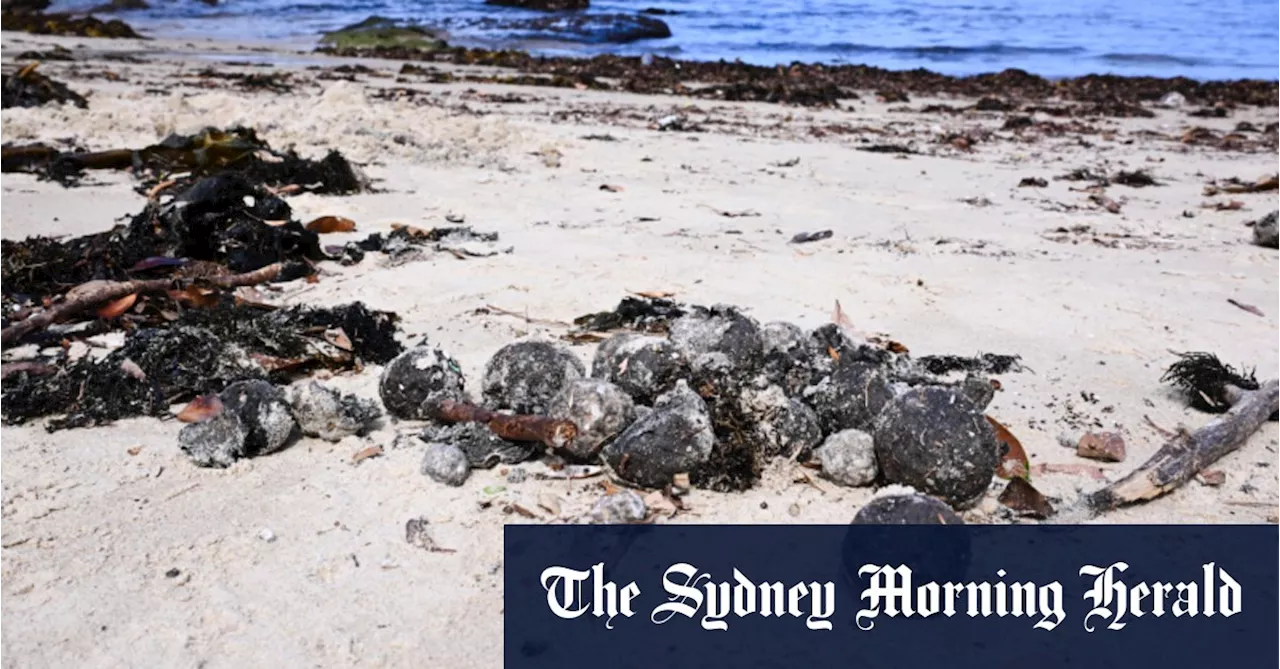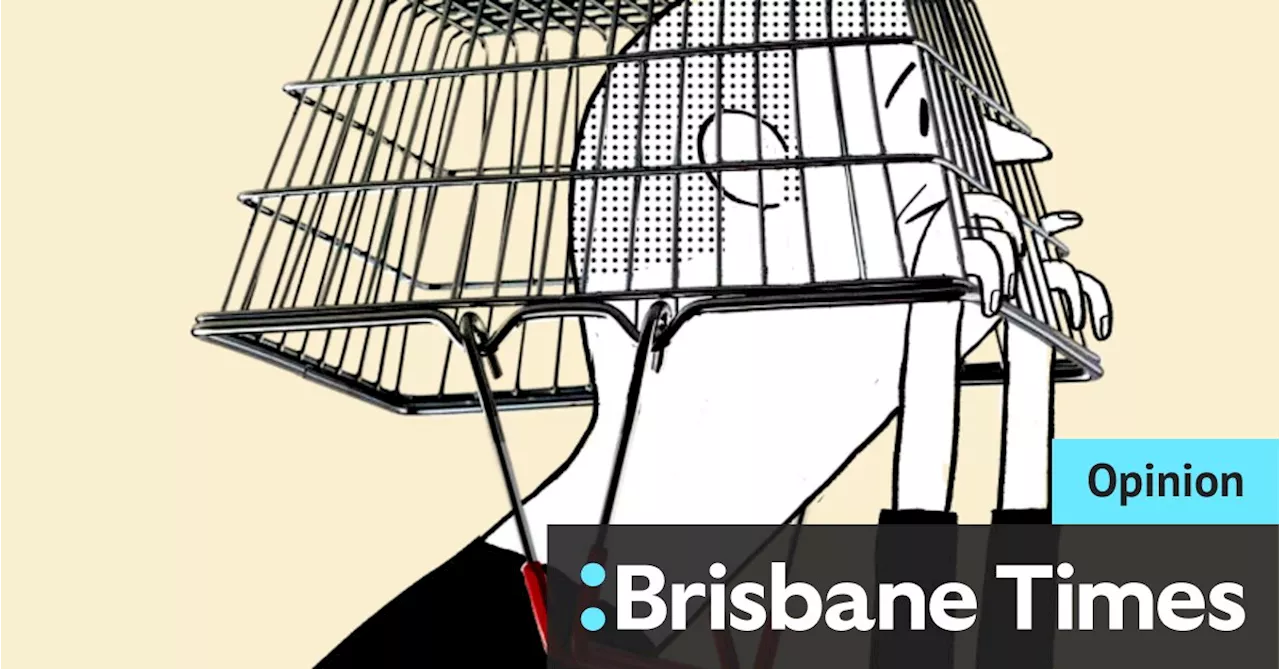The typical advice to 'save money' by cutting back on expenses like coffee and eating out is too simplistic and fails to address the emotional drivers behind spending habits. This article explores why focusing on understanding and changing these underlying emotions is a more effective approach to creating lasting financial change.
Today, I yet again saw some personal finance guru advocating the same tired advice: if you don’t have money, why are you wasting it on coffees, pubs and eating out? It’s a narrative that’s not only oversimplified but also fundamentally flawed. Here’s why. On the surface, it seems logical. If you reduce unnecessary spending, you’ll have more money left over. Problem solved.
But it just seems patronising at best, and woefully ignorant at worst, to suggest that grown adults, many of whom are well-educated and professionally successful, don’t get this. I say “ignorant” because this attitude demonstrates a lack of understanding of why people spend money the way they do. \The first step is understanding that our financial decisions are not rational, they’re emotional. The study performed by Nobel Prize-winning psychologist Daniel Kahneman found that over 85 per cent of our financial decisions are driven by emotion, as opposed to logic. So it’s pointless to simply have the attitude that “you should stop spending on that”. The better (and more compassionate) approach is to understand – and more importantly, help people understand – the emotional drivers behind their spending habits. \Here are some examples of what this might look like: A young professional struggled with overspending despite earning a good salary. She realised her behaviour stemmed from a childhood where money was tightly controlled. For her, spending symbolised freedom and autonomy. Once she connected this realisation to the stress and opportunity costs of her future goals, she chose healthier financial habits without feeling deprived. A woman felt resentment toward her husband’s desire to save, as it reminded her of restrictive behaviours of her parents in her childhood. When she reframed investing as a way to reduce her work years, she found a new motivation in the long-term benefits, making saving feel exciting rather than restrictive. A parent juggling a demanding career and family responsibilities relied on eating out as a coping mechanism for stress and exhaustion. By focusing on how healthier eating habits could improve their physical and mental well-being – rather than just their finances – they were more motivated to shift to healthier food choices that also resulted in financial savings. \In all these cases, spending habits were merely symptoms of more profound issues. Addressing the root causes – whether tied to emotional coping, childhood beliefs, or lack of clarity or connection to long-term financial goals – is what led to lasting change. If you have a fraught relationship with spending money, here are some exercises you can do that might help you understand your spending behaviours better: Become present to the emotions you experience when spending: How do you feel when you’re about to spend money? Start to just observe the thoughts and feelings you’re having before you engage in a habitual spending pattern. This will provide you with information about you’re spending. For example, are you seeking stimulation, stress relief, comfort, or excitement? When did it start? What influenced you in engaging in this pattern? Did your parents have the same coping mechanisms? Or maybe they were overly restrictive in this area – spending on food, clothes, entertainment was frowned upon – so you’re overcompensating now? Or perhaps that’s a norm in your social or professional circle? Take stock of how much these habits are costing you over a year, not just financially but also emotionally, physically, and socially. For example, regular takeout might leave you feeling sluggish, while frequent pub outings might disrupt your weekends and family time. When you get the picture of how this is impacting your life, you can then make an intentional decision around whether the benefits outweigh the costs. \When you focus on cutting spending “because you should”, it becomes a hard change to sustain long-term. You’re not totally bought in. Part of you still wants to be able to spend on that thing, but you’re forcing yourself not to. However, when you address the root causes – the underlying emotions driving your behaviours – you can create real and lasting change. You’re no longer trying to trick, manipulate or force yourself into behaviour change. You are creating internal alignment with the external behaviours and results you want. It’s a way to have your cake and eat it too. When you change from the inside out, the behaviour change is no longer something you have to do. It becomes a choice, not an obligation
Financial Advice Spending Habits Emotional Spending Financial Psychology Personal Finance Savings Budgeting
Australia Latest News, Australia Headlines
Similar News:You can also read news stories similar to this one that we have collected from other news sources.
 Rethink Your Fitness Resolutions This YearForget the unrealistic goals and focus on intrinsic motivation. Learn a new skill, accomplish a physical feat, or build a positive habit. Start small and gradually increase the challenge.
Rethink Your Fitness Resolutions This YearForget the unrealistic goals and focus on intrinsic motivation. Learn a new skill, accomplish a physical feat, or build a positive habit. Start small and gradually increase the challenge.
Read more »
 Rethink Your Fitness Resolutions This YearFocus on intrinsic motivation and achievable goals for a healthier and more sustainable approach to fitness.
Rethink Your Fitness Resolutions This YearFocus on intrinsic motivation and achievable goals for a healthier and more sustainable approach to fitness.
Read more »
 Sydney Beach Closures Spark Sewage System RethinkMystery grime balls found on Sydney beaches have prompted calls for a review of the city's sewage system. Experts suggest the reliance on primary treatment is inadequate for a major developed city. The balls, similar to those found last year, contain traces of human waste, medications, and other pollutants, raising concerns about the impact of wastewater discharge on the environment.
Sydney Beach Closures Spark Sewage System RethinkMystery grime balls found on Sydney beaches have prompted calls for a review of the city's sewage system. Experts suggest the reliance on primary treatment is inadequate for a major developed city. The balls, similar to those found last year, contain traces of human waste, medications, and other pollutants, raising concerns about the impact of wastewater discharge on the environment.
Read more »
 Step One Undies: The Aussie Brand Taking Over the WorldDiscover why Step One bamboo underwear is a must-have for comfort, sustainability, and style.
Step One Undies: The Aussie Brand Taking Over the WorldDiscover why Step One bamboo underwear is a must-have for comfort, sustainability, and style.
Read more »
 Crime, comedy and The Count of Monte-Cristo: French flock to cinemas … to watch homegrown filmsCinephiles and industry insiders explain why the most-watched films in 2024 were made in France
Crime, comedy and The Count of Monte-Cristo: French flock to cinemas … to watch homegrown filmsCinephiles and industry insiders explain why the most-watched films in 2024 were made in France
Read more »
 What are we paying senior royals for, if not to show up at presidential funerals?Perhaps gran’s grudge against Jimmy Carter explains why Edward, 14th in line, was sent
What are we paying senior royals for, if not to show up at presidential funerals?Perhaps gran’s grudge against Jimmy Carter explains why Edward, 14th in line, was sent
Read more »
